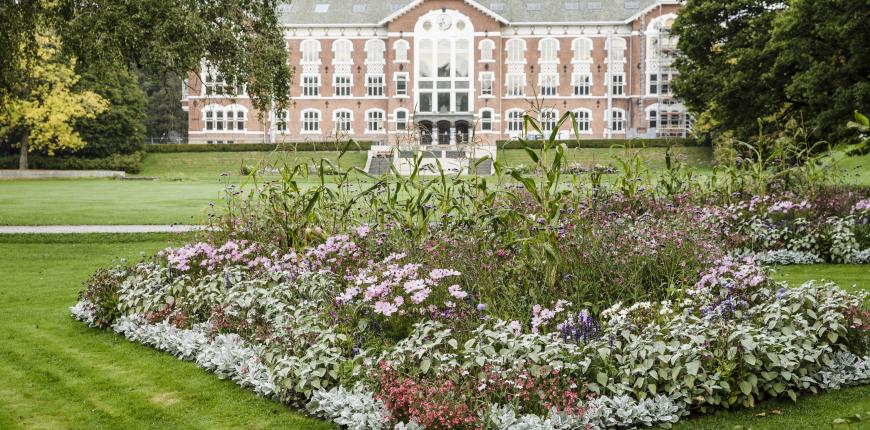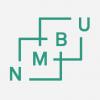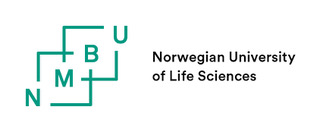

SSWM University Course
In this perspective you can find all the cases, lectures, exercises, support material, etc. from the UMB course. Moreover, this material has been completed with factsheets on planning and implementation tools for software and hardware approaches in order to support students to deepen the gained knowledge and to work on the course’ case studies as well as in their professional daily life.
Module 1: Sustainability in Relation to Water and Sanitation
Module 2: Centralised and Decentralised Systems for Water and Sanitation
Module 3: Ecological Sanitation and Natural Systems for Wastewater Treatment
Module 4: Sustainable Water Supply
Module 6: Disaster Situations: Planning and Preparedness
Module 7: Socio-Economic Aspects
Module 8: Water and Sanitation for Future Challenges

